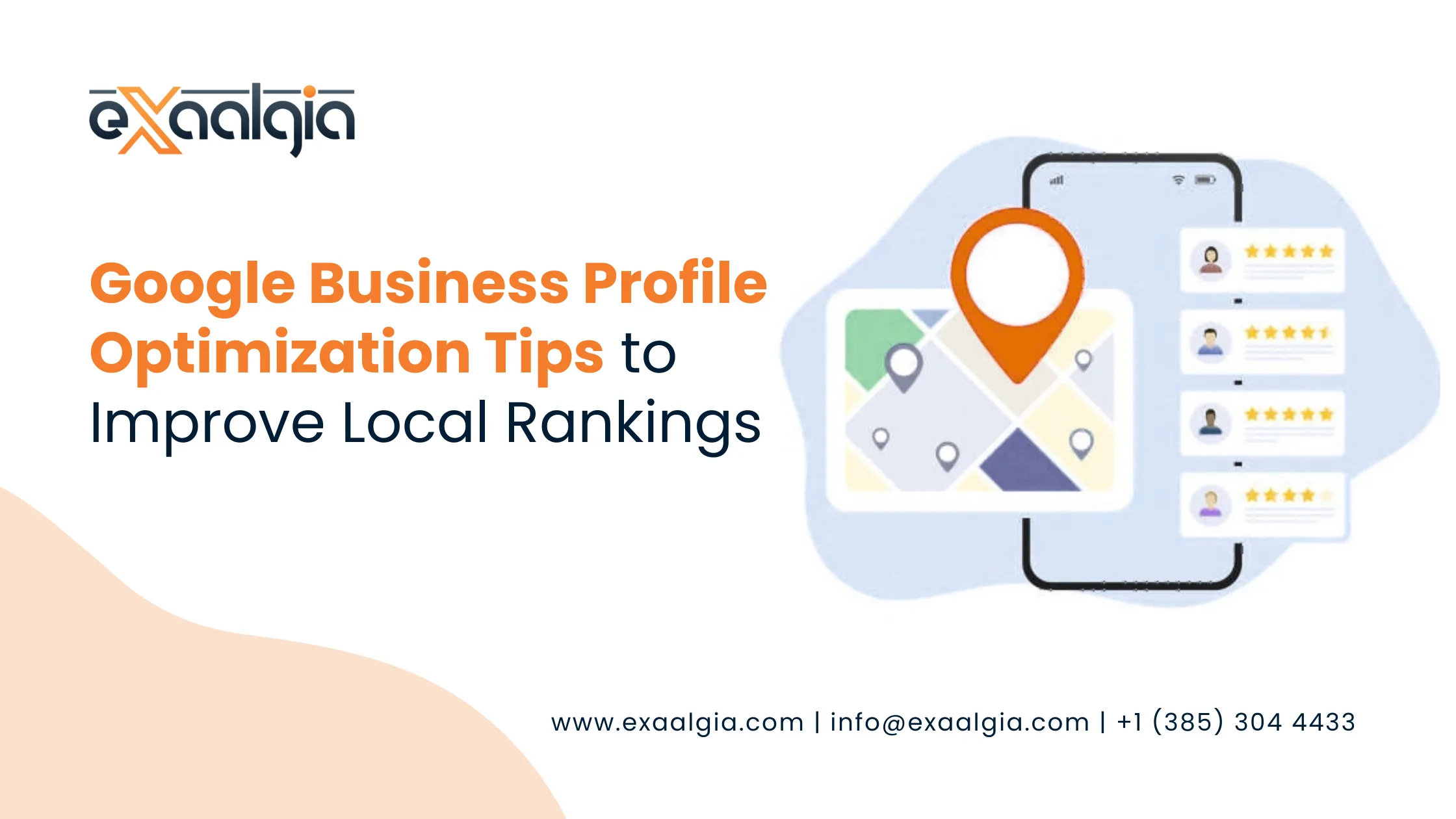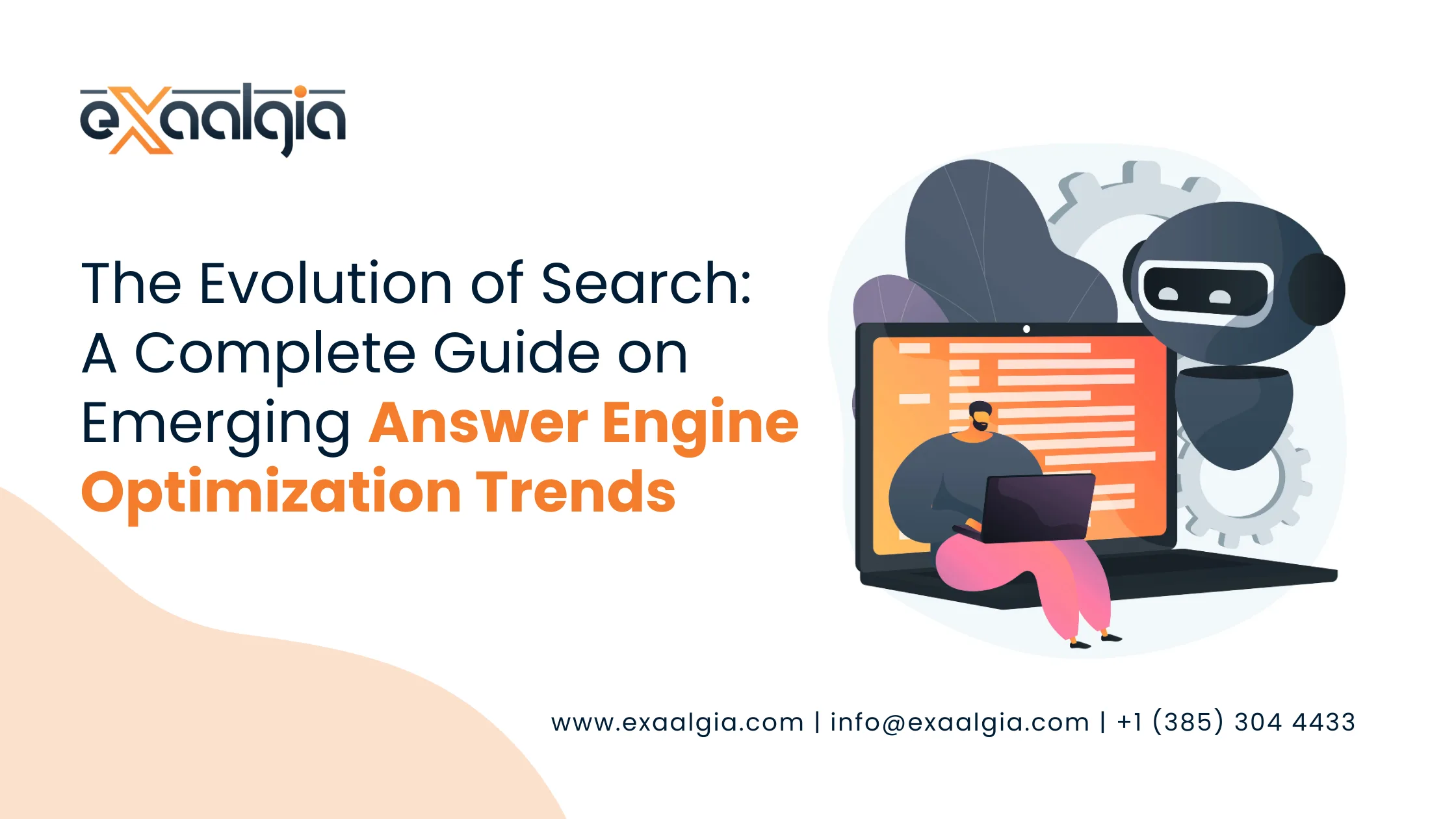Whether you’re a content creator, student, marketer, or just someone who’s genuinely curious, finding related content can save you tons of time—and frustration. The internet is bursting with information, but knowing how to find the right stuff makes all the difference.
So, if you’re ready to cut through the noise and discover meaningful, relevant content without going down a rabbit hole, here are 10 simple, proven ways to do it—plus a few tools, tips, and a handy FAQ at the end.
1. Use Smart Google Tricks (Search Operators)
Let’s start with your trusty friend: Google. But instead of typing random phrases, use a few clever tricks called search operators.
Here are some super handy ones:
- related:website.com → Find websites similar to a known one.
(Try: related:nytimes.com) - intitle:keyword → Brings up pages that actually have your keyword in the title.
- “exact phrase” filetype:pdf site:*.edu → Perfect for digging up academic PDFs from college sites.
These little tweaks help you get laser-focused results instead of drowning in irrelevant pages.
2. Tap Into Hashtags on Social Media
Think of hashtags like digital breadcrumbs. On platforms like X (Twitter), Instagram, or LinkedIn, hashtags group posts into topics—making it easy to explore what’s trending or being talked about.
Here’s how to make them work for you:
- Search tags like #WebDesign, #ContentMarketing, or #AI.
- Use tools like TweetDeck to keep an eye on multiple hashtags at once.
- Follow niche accounts or creators to see what they’re sharing.
It’s a goldmine of ideas, articles, and discussions—right at your fingertips.
3. Use Content Aggregators to Let Info Come to You
Tired of bouncing between 10 different blogs? Tools like Feedly, Flipboard, or Pocket let you bring everything into one place.
Why they’re awesome:
- You can subscribe to blogs, news sites, or YouTube channels you love.
- They learn your preferences and recommend similar content.
- You can organize by topic so it’s easy to come back later.
Perfect for your morning reading routine or catching up while sipping coffee.
4. Don’t Skip Academic Databases
If you’re digging deeper—say, for school, work, or research projects—academic databases are a great source of solid, trustworthy info.
Some great ones to check out:
- Google Scholar – A must for research articles and citations.
- PubMed – Ideal for health or science-related topics.
- JSTOR – Awesome for humanities or historical content.
Many of them are free or offer limited access. You’ll be amazed at how much credible info you can find.
5. Let Platforms Recommend Things (Yes, It Works)
Ever watched one YouTube video and then got stuck watching five more? That’s recommendation algorithms at work.
To make them work for you:
- Engage with content on your topic (watch, like, share).
- Follow accounts or creators who post in your niche.
- Check the “you might also like” or “related posts” sections on blogs or forums.
Just be sure to mix it up occasionally—algorithms can sometimes trap you in a bubble.
6. Explore Wikipedia’s Hidden Treasure (The References)
Wikipedia is a great starting point—but don’t stop at the main article. Scroll down to the References and External Links.
Why? Because that’s where the good stuff is:
- Links to research papers, news sites, or books.
- Citations from credible sources.
- Often points you to the original source of key facts.
In just a few clicks, you’ll find a whole world of related info—without doing all the digging yourself.
7. Join Communities That Actually Talk About Your Topic
Want fresh ideas or honest opinions? Join online communities like Reddit, Quora, or topic-specific forums like Stack Overflow.
What makes them special:
- Real people share real experiences, tools, and links.
- You can ask questions and get answers quickly.
- Some users regularly post high-quality resources.
At Exaalgia, we often explore these forums to keep up with industry conversations, especially when researching trends for our SEO and content writing services. These platforms offer invaluable insights you simply can’t find through search engines alone.
8. Try Content Discovery Tools
There are tools out there built just to help you find trending, high-performing content.
Some to explore:
- BuzzSumo – See which articles or videos are getting the most shares in your niche.
- SEMrush – Great for marketers and bloggers doing competitive research.
- Ahrefs – Awesome for digging into backlinks and what others are linking to.
Whether you’re curating ideas for a blog, planning your next campaign, or enhancing your content writing services, these tools give you real-time insights into what’s working—and what’s not.
9. Follow the Links (Literally)
Found a great article? Don’t stop there. Look at what it links to or what other sites link to it—that’s often where the hidden gems are.
Here’s how:
- Check the hyperlinks and citations in blog posts or research articles.
- Use Semrush or Ahrefs to see backlinks to a page you like.
- Explore the authors’ other work—they often have more on similar topics.
It’s like pulling on a thread and seeing where it leads.
10. Subscribe to Smart Newsletters and Blogs
Want great content sent to you—no search required? Sign up for newsletters or follow blogs in your field.
Tips to get started:
- Try platforms like Substack to find niche writers.
- Look for email digests that include curated content, not just promotional stuff.
- Use filters or folders in your inbox to keep things organized.
Start with 3–5 good ones, and you’ll never run out of quality reading material.
A Few Bonus Tools You’ll Love
To really level up your content discovery game, check out these:
- BuzzSumo – Track what’s trending and who’s sharing it.
- Google Alerts – Get email notifications when new content shows up for your keywords.
- Zotero – Collect, tag, and cite sources in one spot (perfect for students and researchers).
Mix and match these tools with the methods above, and your workflow becomes way smoother.
How to Keep Everything Organized (So You Can Actually Use It)
Collecting content is easy. Finding it again when you need it? That’s the real challenge.
Here’s how to stay organized:
- Save and Tag – Use tools like Pocket, Raindrop.io, or browser bookmarks with custom folders.
- Build a Content Hub – Tools like Notion or Airtable are great for categorizing by topic, date, or relevance.
- Only Keep the Good Stuff – Be picky. Save what’s useful, not everything.
- Set a Review Time – Revisit your saved content weekly or monthly to stay on top of it.
Common Mistakes to Avoid
Even the best discovery strategies can go sideways. Watch out for these pitfalls:
- Relying on One Source – Don’t just Google everything. Try forums, social media, and research databases too.
- Trusting Everything You Read – Always check the credibility of the source. If it seems fishy, it probably is.
- Falling Into an Echo Chamber – Algorithms love to show you more of what you already like. Shake it up occasionally.
- Saving Too Much – Content overload is real. Focus on quality over quantity.
FAQs: Quick Answers to Common Questions
- What are search operators and how do I use them?
They’re little tricks like intitle: or related: that help you find exactly what you want on Google. - How do I pick the right hashtags?
Start broad (#Tech), then go niche (#AIethics). Tools like Hashtagify can help you find the sweet spot. - What’s a good content aggregator for beginners?
Feedly and Pocket are great starters. Easy to use, clean layout, and they learn your interests over time. - Can I access academic databases for free?
Yes! Google Scholar, PubMed, and even JSTOR offer limited access without subscriptions. - Do algorithms really help?
They can—if you engage with the right content. But mix it up to avoid tunnel vision. - Why bother with Wikipedia references?
Because they often link to top-tier sources like journals and news outlets. - Where can I find niche communities?
Start with Reddit and Quora, then search for topic-specific forums using Google. - Are paid tools worth it?
If you’re in marketing or doing deep research, yes. Otherwise, free tools can go a long way. - How do backlinks help me find content?
They show what others are linking to. Following those links leads you to trusted, related content. - Where do I find good blogs or newsletters?
Try Substack, follow experts on LinkedIn/X, or ask in communities what they read.
Final Thoughts
Finding content that’s relevant, fresh, and actually helpful doesn’t have to feel overwhelming. By mixing smart strategies with the right tools, you’ll save time, discover better sources, and stay one step ahead—whether you’re researching, writing, or creating.
Start with just one or two methods today, and build your own content discovery system that actually works.







